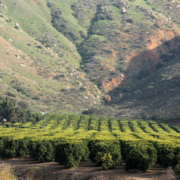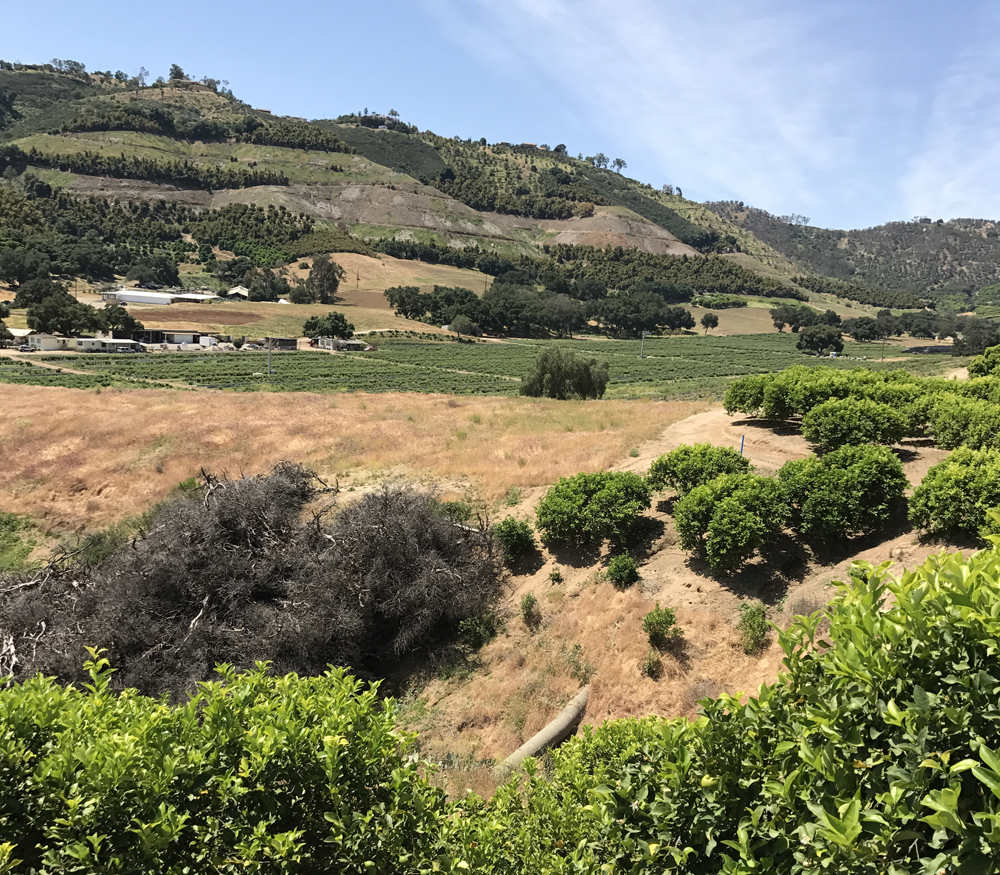Board Chair Announces Committee Leadership for 2025-2026
San Diego County Water Authority Board Chair Nick Serrano has appointed new leadership for the Board’s committees and regional boards. These positions are responsible for running vital committees that impact all aspects of the Water Authority’s operations and representing the Water Authority on key regional bodies.
“I am proud to announce these appointments, which reflect the expertise, dedication, and leadership needed to advance our priorities for the San Diego region,” said Chair Serrano. “This group of leaders brings diverse perspectives to the table and shares my commitment to keeping water rates low, ending the era of litigation that has stood in the way of collaborative decision-making for the Southwest, fostering regional collaboration across Southern California, and ensuring a sustainable future for San Diego County.”

Board Chair Nick Serrano.
The new San Diego County Water Authority committee chairs are:
• Ismahan Abdullahi (City of San Diego) – Administrative & Finance Committee
• Amy Reeh (Yuima Municipal Water District) – Engineering & Operations Committee
• Neal Meyers (Olivenhain Municipal Water District) – Imported Water Committee
• Valentine Macedo, Jr. (City of San Diego) – Legislation & Public Outreach Committee
• Marty Miller (Vista Irrigation District) – Water Planning & Environmental Committee
Chair Serrano also appointed Chair Emeritus Mel Katz (City of Del Mar) to be San Diego’s new delegate to the Metropolitan Water District (MWD) of Southern California. Katz replaces former MWD Director Tim Smith (Otay Water District), who retired from this position late last year. Katz was officially sworn-in to his new role as an MWD delegate last week.
In addition, Board Secretary Joy Lyndes (San Dieguito Water District) will serve as the Water Authority’s primary representative to SANDAG.
“Together, we will continue to build on the progress we’ve made, tackle the challenges ahead, and deliver innovative solutions that meet the needs of our communities,” Serrano said. “I have full confidence in this team’s ability to advance our collective vision for a stronger, more affordable, and more resilient water future.”
The Water Authority’s 22 member agencies are represented through a 34-member Water Authority Board of Directors. At least one director from each agency sits on the Board. The Board establishes and administers policies for the Water Authority, and generally holds its regular meetings on the fourth Thursday of every month with special workshops and other meetings as needed.





